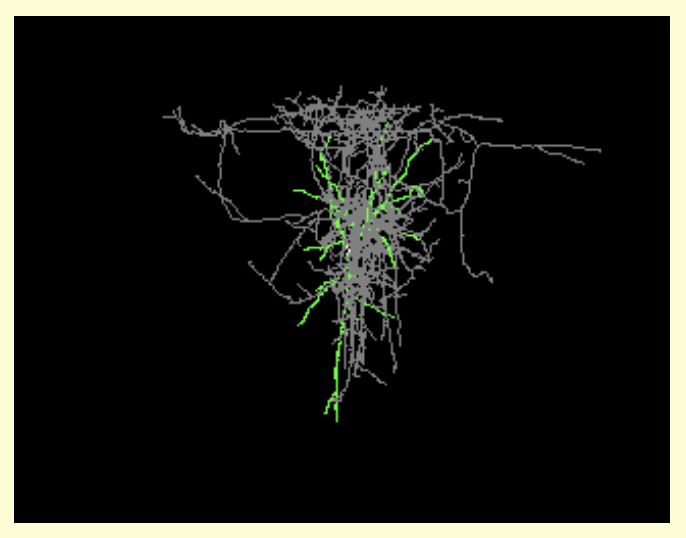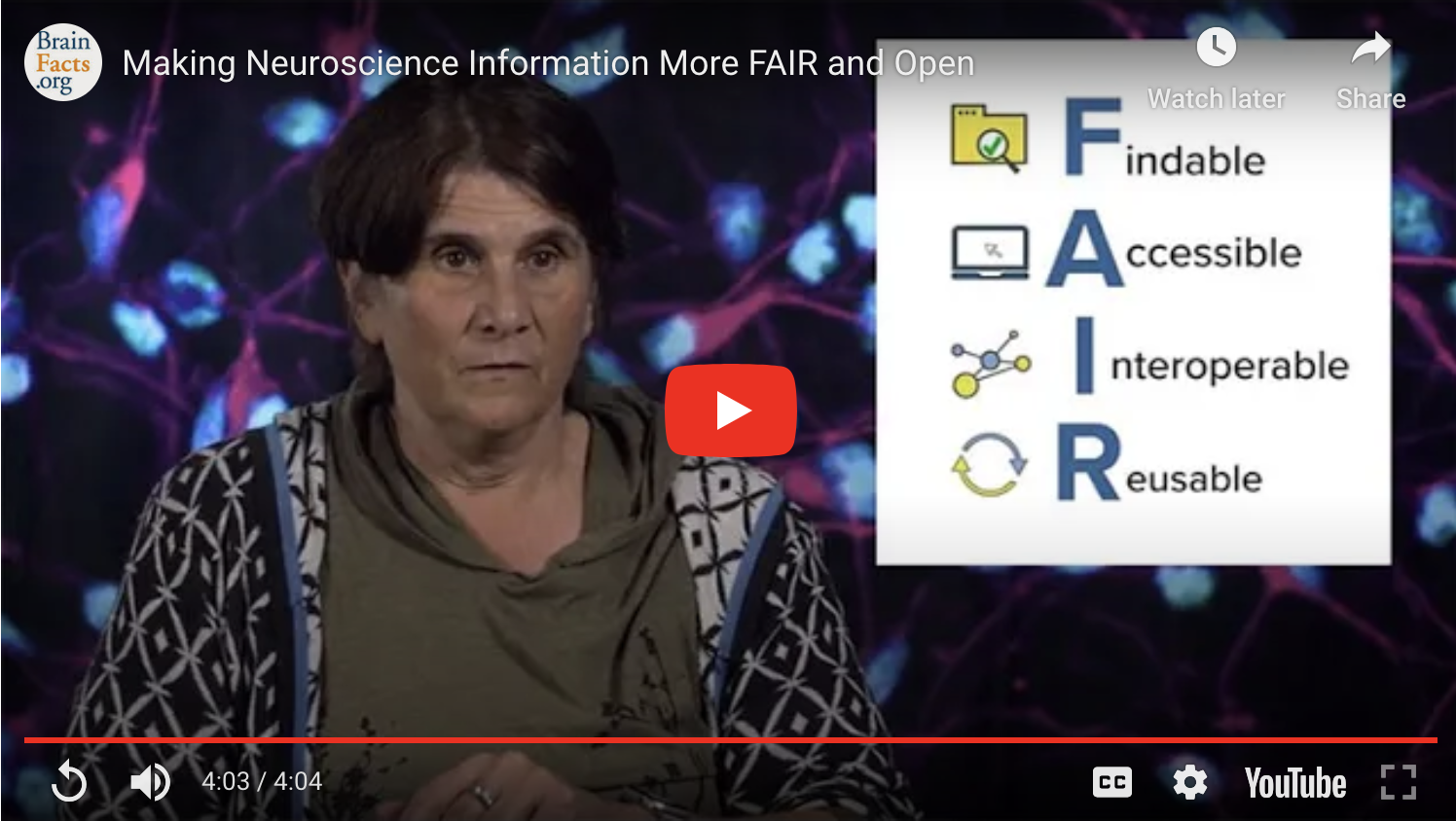Mechanism of inert inflammation in an immune checkpoint blockade-resistant tumor subtype bearing transcription elongation defects.
The clinical response to immune checkpoint blockade (ICB) correlates with tumor-infiltrating cytolytic T lymphocytes (CTLs) prior to treatment. However, many of these inflamed tumors resist ICB through unknown mechanisms. We show that tumors with transcription elongation deficiencies (TEdef+), which we previously reported as being resistant to ICB in mouse models and the clinic, have high baseline CTLs. We show that high baseline CTLs in TEdef+ tumors result from aberrant activation of the nucleic acid sensing-TBK1-CCL5/CXCL9 signaling cascade, which results in an immunosuppressive microenvironment with elevated regulatory T cells and exhausted CTLs. ICB therapy of TEdef+ tumors fail to increase CTL infiltration and suppress tumor growth in both experimental and clinical settings, suggesting that TEdef+, along with surrogate markers of tumor immunogenicity such as tumor mutational burden and CTLs, should be considered in the decision process for patient immunotherapy indication.
Pubmed ID: 37043352 RIS Download
Research resources used in this publication
Additional research tools detected in this publication
None foundAntibodies used in this publication
- CD8 (RRID:AB_2737972)
- Rat Anti-CD4 Monoclonal Antibody, Pacific Blue?? Conjugated, Clone RM4-5 (RRID:AB_397030)
- CD45 (RRID:AB_396609)
- CD223 (RRID:AB_11153127)
- FOXP3 Monoclonal Antibody (FJK-16s), APC, eBioscience (RRID:AB_469457)
- Purified anti-human HLA-A,B,C (RRID:AB_314871)
- β-Actin (D6A8) Rabbit mAb(HRP Conjugate) (RRID:AB_2797972)
- H3K36me3-human (RRID:AB_306966)
- RNA pol II Antibody (RRID:AB_2687513)
- RNA pol II CTD phospho Ser5 antibody (mAb) (RRID:AB_2687451)
- RNA pol II CTD phospho Ser2 antibody (RRID:AB_2687450)
- InVivoPlus anti-mouse CTLA-4 (CD152) (RRID:AB_10950184)
- InVivoPlus anti-mouse PD-1 (CD279) (RRID:AB_10949053)
- Mouse CCL5/RANTES Affinity Purified Polyclonal Ab (RRID:AB_10080077)
- Ultra-LEAF(TM) Purified anti-mouse CXCL10 (IP-10) (RRID:AB_2922639)
- PE anti-mouse CXCL9 (MIG) (RRID:AB_2245489)
- FOXP3 Monoclonal Antibody (FJK-16s), PE, eBioscience (RRID:AB_465936)
- PE/Cyanine7 anti-mouse CD366 (Tim-3) (RRID:AB_2571933)
- Alexa Fluor(R) 488 anti-mouse CD195 (CCR5) (RRID:AB_528756)
Associated grants
- Agency: NCI NIH HHS, United States
Id: R01 CA234038
Publication data is provided by the National Library of Medicine ® and PubMed ®. Data is retrieved from PubMed ® on a weekly schedule. For terms and conditions see the National Library of Medicine Terms and Conditions.
This is a list of tools and resources that we have found mentioned in this publication.
Rat Anti-CD4 Monoclonal Antibody, Pacific Blue?? Conjugated, Clone RM4-5 (antibody)
RRID:AB_397030
This monoclonal targets CD4
View all literature mentionsFOXP3 Monoclonal Antibody (FJK-16s), APC, eBioscience (antibody)
RRID:AB_469457
This monoclonal targets FOXP3
View all literature mentionsPurified anti-human HLA-A,B,C (antibody)
RRID:AB_314871
This monoclonal targets HLA-A
View all literature mentionsβ-Actin (D6A8) Rabbit mAb(HRP Conjugate) (antibody)
RRID:AB_2797972
This monoclonal targets ACTB
View all literature mentionsH3K36me3-human (antibody)
RRID:AB_306966
This polyclonal targets H3K36me3
View all literature mentionsRNA pol II Antibody (antibody)
RRID:AB_2687513
This monoclonal targets RNA pol II
View all literature mentionsRNA pol II CTD phospho Ser5 antibody (mAb) (antibody)
RRID:AB_2687451
This monoclonal targets RNA pol II CTD phospho Ser5
View all literature mentionsRNA pol II CTD phospho Ser2 antibody (antibody)
RRID:AB_2687450
This monoclonal targets RNA pol II CTD
View all literature mentionsInVivoPlus anti-mouse CTLA-4 (CD152) (antibody)
RRID:AB_10950184
This monoclonal targets CTLA-4 (CD152)
View all literature mentionsInVivoPlus anti-mouse PD-1 (CD279) (antibody)
RRID:AB_10949053
This monoclonal targets PD-1 (CD279)
View all literature mentionsMouse CCL5/RANTES Affinity Purified Polyclonal Ab (antibody)
RRID:AB_10080077
This monoclonal targets Mouse CCL5/RANTES Affinity Purified Ab
View all literature mentionsUltra-LEAF(TM) Purified anti-mouse CXCL10 (IP-10) (antibody)
RRID:AB_2922639
This monoclonal targets CXCL10
View all literature mentionsPE anti-mouse CXCL9 (MIG) (antibody)
RRID:AB_2245489
This monoclonal targets CXCL9
View all literature mentionsFOXP3 Monoclonal Antibody (FJK-16s), PE, eBioscience (antibody)
RRID:AB_465936
This monoclonal targets FOXP3
View all literature mentionsPE/Cyanine7 anti-mouse CD366 (Tim-3) (antibody)
RRID:AB_2571933
This monoclonal targets CD366
View all literature mentionsAlexa Fluor(R) 488 anti-mouse CD195 (CCR5) (antibody)
RRID:AB_528756
This monoclonal targets CD195
View all literature mentionsRat Anti-CD4 Monoclonal Antibody, Pacific Blue?? Conjugated, Clone RM4-5 (antibody)
RRID:AB_397030
This monoclonal targets CD4
View all literature mentions




